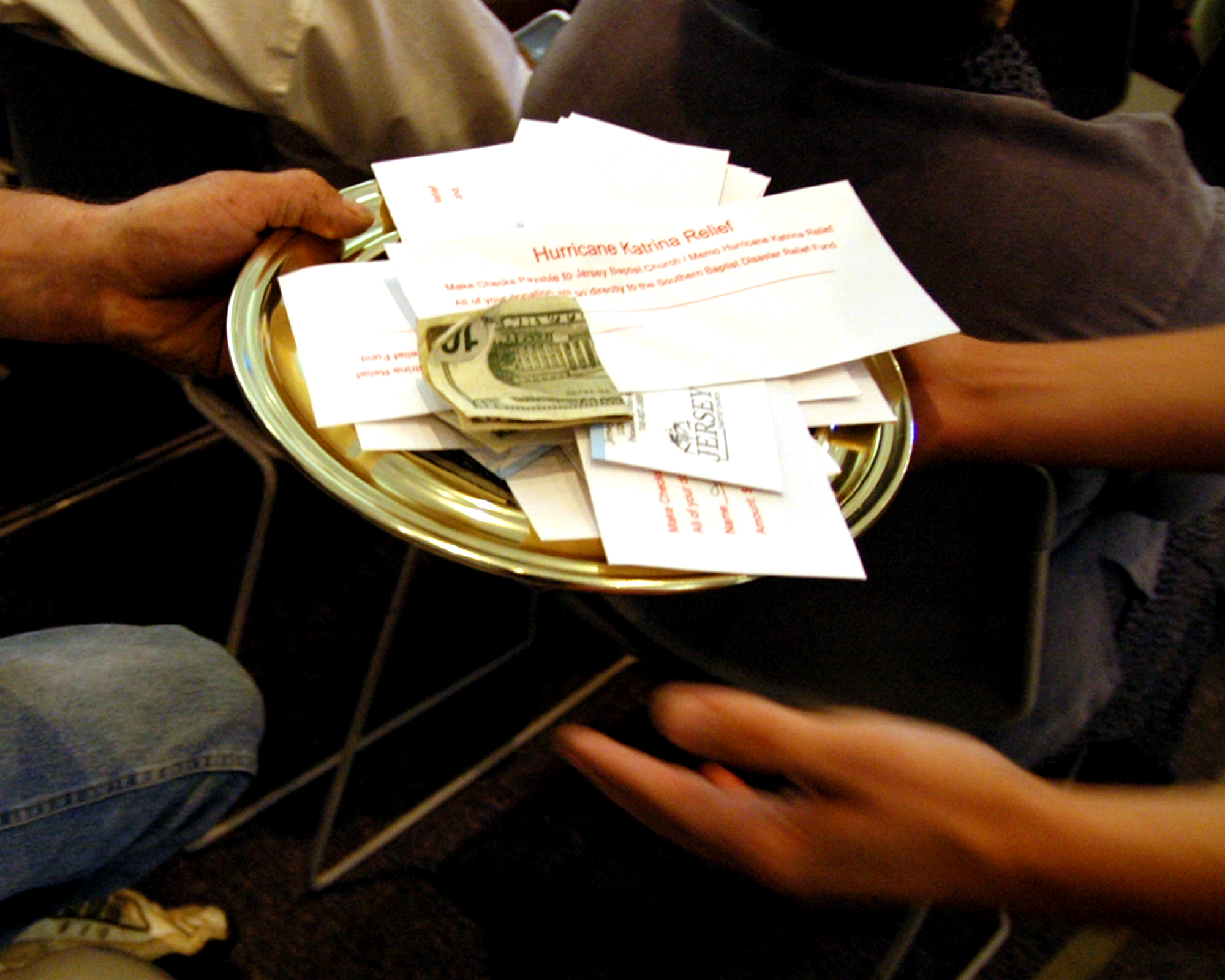Religion makes America give
And more of the week's best advice

A free daily email with the biggest news stories of the day – and the best features from TheWeek.com
You are now subscribed
Your newsletter sign-up was successful
Here are three of the week's top pieces of financial advice, gathered from around the web:
Burned by a hot startup
When a well-funded big company goes bust, said Kate Clark at TechCrunch, it's small businesses that can wind up with the bill. The San Francisco–based food delivery company Munchery raised $125 million from high-profile investors. When it ceased operations last week, small vendors say, the company "took advantage of them in its final hours, knowingly allowing them to continue making deliveries it couldn't pay for." The money involved — $1,700 owed to Crumble & Whisk Patisserie, $20,000 to Three Babes Bakeshop — might be small by the standards of Munchery's backers. But it's a big deal to a small business. "I have only a couple of employees, and I want to pay them," says one business owner owed money. "It feels as if we've been taken advantage of by the big guy, and it sucks."
The Week
Escape your echo chamber. Get the facts behind the news, plus analysis from multiple perspectives.

Sign up for The Week's Free Newsletters
From our morning news briefing to a weekly Good News Newsletter, get the best of The Week delivered directly to your inbox.
From our morning news briefing to a weekly Good News Newsletter, get the best of The Week delivered directly to your inbox.
Religion makes Americans give
Religion is the biggest factor that motivates Americans to give money to good causes, said Karl Zinsmeister at Philanthropy. The average annual charitable donations of those who went to religious services weekly add up to $2,935, more than four times those of people who never attended. Of those who attended weekly or prayed daily, 45 percent did volunteer work in any given week, versus 27 percent of those who didn't. "In study after study, religious practice is the behavioral variable with the strongest and most consistent association with generous giving." What worries philanthropic experts now is that American churchgoing is declining, and "as faith spirals downward, voluntary giving is very likely to follow." One area that has held steady: giving to overseas charity. Thanks to religious efforts, that's now $44 billion a year, more than the total U.S. government foreign aid budget.
Elder financial fraud surges
In five years reported cases of elder financial abuse have more than doubled, hitting 24,454 last year, said Yuka Hayashi at The Wall Street Journal. "The increase occurred as new federal and state laws are prompting banks to take a more active role in trying to address frauds and scams." Alert bank employees have managed to head off some swindles. In one Connecticut case, a bank manager stopped a distraught customer from wiring $30,000 to Mexico to her grandson, who she thought had been in a car accident. It turned out he had been in school all day, and not in Mexico at all. Bankers attribute much of the surge in fraud to an increase in social media use by older Americans.
A free daily email with the biggest news stories of the day – and the best features from TheWeek.com
-
 Political cartoons for February 18
Political cartoons for February 18Cartoons Wednesday’s political cartoons include the DOW, human replacement, and more
-
 The best music tours to book in 2026
The best music tours to book in 2026The Week Recommends Must-see live shows to catch this year from Lily Allen to Florence + The Machine
-
 Gisèle Pelicot’s ‘extraordinarily courageous’ memoir is a ‘compelling’ read
Gisèle Pelicot’s ‘extraordinarily courageous’ memoir is a ‘compelling’ readIn the Spotlight A Hymn to Life is a ‘riveting’ account of Pelicot’s ordeal and a ‘rousing feminist manifesto’